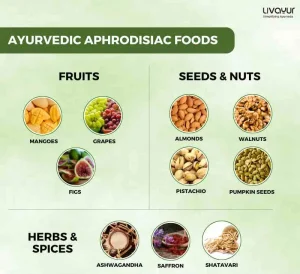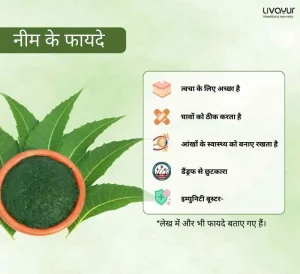
Brihati or Bruhati, however you wish to spell it, is one of the lesser-known herbs in Ayurveda’s arsenal of natural medicine. In English, it is known as the Poison Berry and this is what gives rise to a lot of confusion. The herb belongs to the nightshade family of plants, the same family as eggplant or Baingan. Many plants that belong to this category are known to contain toxins that can be poisonous for humans and animals, so perhaps this explains the English name. Additionally, many medicinal herbs can be dangerous when consumed in large quantities, with Brihati being no exception. However, when consumed in the appropriate dosage and as per the traditional recommendations in Ayurveda, Brihati is a powerful medicinal herb that has an important role to play.
Recognizing the Herb Brihati
Any Indian botanist would be able to point out the herb fairly easily and it’s found across much of India. The herb is a branched and perennial shrub with thorns that make it hard to handle. As a nightshade, the plant also looks similar to the eggplant tree and the fruits also look similar, although they are smaller and clustered.
Although largely unknown to much of modern India’s population, it has a long history of use in Indian folk medicine, especially in Ayurveda. All parts of the plant are considered useful and it is still used in certain Ayurvedic formulations to treat common conditions including skin diseases, respiratory problems, digestive disorders and more.
Importance of Brihati in Ayurveda

Brihati is an important herb that belongs to the category of plants called Dasamoola. As the term Dasamoola suggests, this is a group of ten herbs, specifically their roots, that is used to address conditions associated with vitiation of any of the Doshas.
Although the root is the most important part of Brihati, in terms of medicinal value, the fruits and leaves are also useful in some medications. The root is an ingredient in more than 60 traditional Ayurvedic formulations including some such as Balajeerakadi Kashaya, Pippalyadi Gridha, Manasamithra Vataka, Rajanyadi Choorna and Vidaryadi Gridha, among others.
Therapeutic Properties and Benefits of Brihati
- Anti-inflammatory and Analgesic Effects: Due to its anti-inflammatory and analgesic effects, the root of Brihati is used in Ayurvedic formulations to treat toothaches, which are known to be extremely painful. It can also help in the treatment of numerous inflammatory disorders, including respiratory conditions such as asthma.
- Anti-Parasitic Effects: The herb is also said to have antiparasitic properties, making it useful when dealing with parasitic infections. To date, some tribal communities in the Southern Western Ghats continue to use the fruits of the tree as a tapeworm treatment. The fruits are first cooked and then consumed along with other foods.
- Immunomodulatory and Expectorant Effects: The herb is also thought to exhibit immunomodulatory effects, supporting healthy immune function and it is commonly used in the treatment of upper respiratory tract infections that cause colds, coughs and sore throats, as well as to relieve conditions like asthma and bronchitis.
- Antioxidant Effects: With its high content of antioxidants, Brihati is also regarded as protective against many conditions associated with ageing and the cellular degeneration that results from exposure to free radicals. This is why the herb is used to protect against common lifestyle conditions like heart disease and cancer.
- Hepatoprotective Effects: Brihati also has hepatoprotective properties, making it a natural choice for any kind of detox treatment or as an ingredient in Ayurvedic medications to support liver function. It may also help in the treatment of conditions associated with liver dysfunction such as jaundice or fatty liver disease.
These are just a few of the potential uses and benefits of the Ayurvedic herb Brihati, but we have a lot more to learn as research into the herb still remains inadequate. In the meantime, you should keep in mind that like many other potent herbs, Brihati can be dangerous when consumed in high doses. If you’re unsure about using the herb or how it should be used and if it’s suitable for your health conditions, make sure to first speak to an Ayurvedic physician.





















1 Comments